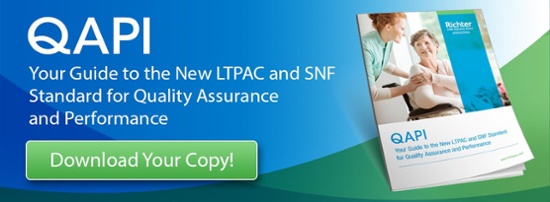- Solutions
- Accounting
- Additional Documentation Requests (ADRs) Management & Support
- Clinical Consulting
- EHR Implementation & Optimization
- Medicaid Eligibility
- Outsourced Contract Controller Services
- Outsourced Revenue Cycle Management
- PointClickCare® Consulting
- QAPI Consulting
- Resident Trust Fund Management & Advisory Services
- Revenue Cycle and Reimbursement Consulting
- Who We Serve
- Resources
- Careers
- About Us
- Contact

.jpg?width=300&name=IMAGE_Five%20Steps%20for%20Developing%20a%20Winning%20QAPI%20Program%20in%20Your%20Skilled%20Nursing%20Facility%20(ID%20155908).jpg)

